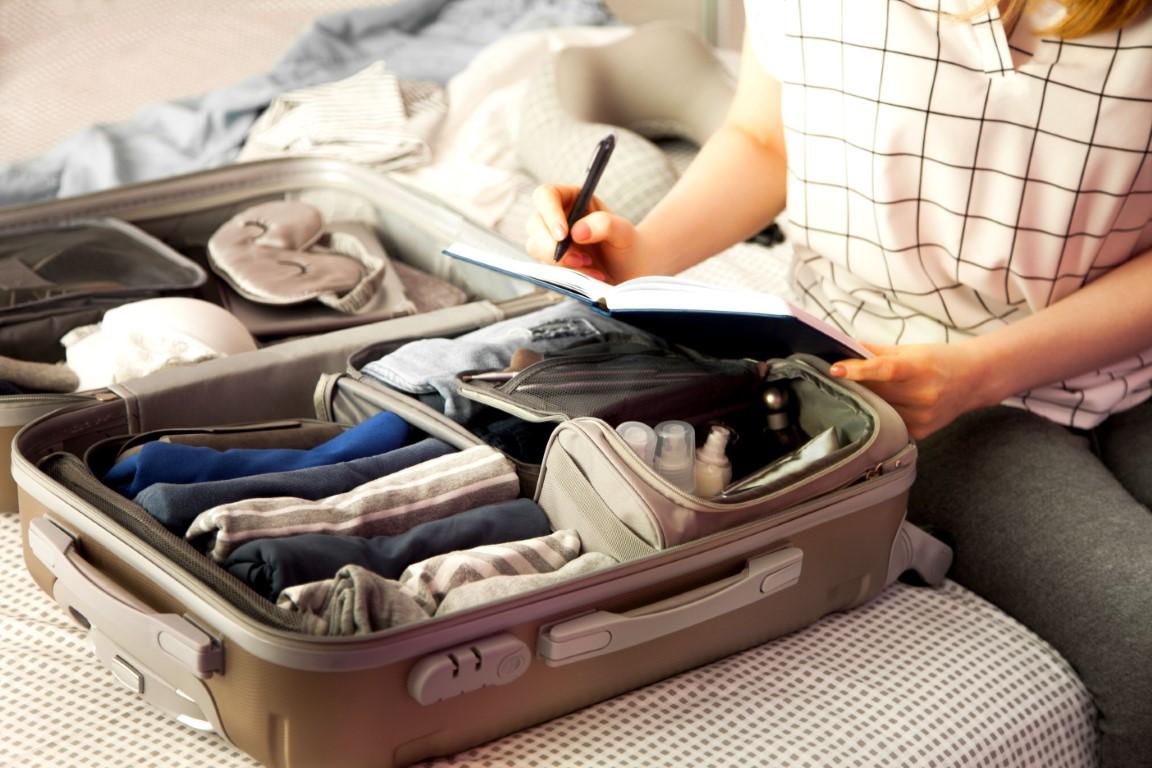Choosing travel insurance for China during trips or expatriation is generally not the first concern when preparing for your stay.
However, it is a precaution not to be neglected because the local medicine and health system can make medical care quite complex.
Why Take Out Travel Insurance for China?
During a trip, there is a lot of travel, especially regarding China, which is not known for being a lazy destination.
Increased Risk of Accidents When Traveling
In China, the change of scenery is such that tourists prefer to take advantage of every second to discover a rich thousand-year-old culture.
As a result, the risks of accidents are multiplied, especially in a country where the infrastructures are not the same as in the US. The reflexes developed in the West can play tricks on travelers when moving in the street or taking transportation.
On the road, the habits and behaviors of the locals are very different, which can be confusing for an American tourist.
Public Health Systems Do Not Cover Foreign Travelers
China has made progress in terms of health coverage for its population. However, as a foreigner, you must be employed to benefit from the health insurance system.
To be covered, it is, therefore, necessary to have your travel insurance in China.
In addition, Social Security only covers health expenses abroad in exceptional cases, on request and upon presentation of proof.
In all cases, advance payment is necessary, and the traveler will probably have to pay the entire cost.
Furthermore, in the event of repatriation, it is not always guaranteed that Social Security or the American authorities will intervene.
Private or International Hospitals
To be treated in China, it is almost always necessary to go to the hospital because virtual treatment is non-existent.
Public hospitals do not generally meet Western standards and are often overcrowded.
One of the major problems that Americans may encounter in a public hospital in China is the language barrier. Indeed, most staff does not speak English, making communication almost impossible.
As a result, foreigners prefer private or international healthcare facilities. The latter offer more modern facilities and competent bilingual staff. Regular inspections impose strict hygiene rules and standards.
However, these facilities are often concentrated in large urban centers. It is not uncommon to transfer to another location in case of a specific pathology or an accident far from a large city.
The Cost of Healthcare in China
Private Healthcare is Expensive
Healthcare is more expensive in the private sector and in what is called the VIP Service of public institutions.
To give you an idea, a consultation with a general practitioner in the private sector costs a little more than $27 to nearly $165, depending on the urgency and your condition.
Similarly, to consult a specialist in the private sector, prices vary between $82 and $288!
In the private sector, a night of hospitalization costs an average of $755.
Having Travel Insurance in China When Traveling: Mandatory Guarantees
Whatever the type of visa requested (tourist, family, business, etc.), it is mandatory to have travel insurance with well-defined guarantees.
Since the beginning of the Covid-19 pandemic, this coverage is even more essential to travel to China. The country requires travel insurance with Covid mentioned. This insurance, in addition to the usual guarantees, covers the costs related to Covid (consultations, hospitalization, possible repatriation).
The insurance must cover the entire stay authorized by the visa.
The consular authorities require proof that the traveler has subscribed to repatriation assistance among the mandatory guarantees.
Best Travel Insurance for China
Bank Card Insurance: Is the level of coverage sufficient?
Some credit cards offer travel insurance, which is why many people feel they do not need to purchase insurance.
Nevertheless, depending on the type of traveler’s credit card, the coverage level is not always sufficient.
Length of stay, reimbursement limit, deductible, and advance payment of expenses, the unpleasant surprises can add up.
As far as the duration of the stay is concerned, this is the cumulative duration of all the trips made during the year. A bank card covers the traveler for a maximum of 90 days.
In terms of the maximum reimbursement, the maximum is generally between $10,000 and $12,000. If the amount seems significant, it is insufficient in case of problems abroad.
For most bank cards, a deductible of between $50 and $75 applies to each claim.
The Expertise of International Insurance Companies
It is advisable for people wishing to benefit from travel insurance in China to turn to an international insurance company.
This will allow you to benefit from helpful expertise and specific advantages, such as
- The ease of reaching advisors at any time from China
- The use of mobile applications dedicated to the management of the contract and including useful tools (translators of medical terms, addresses of establishments).
These companies sometimes have partnerships with local health networks that provide optimal care.
Insurance from the 1st Dollar: for a Tailor-Made Contract
Among the possible solutions for travel insurance in China, the 1st dollar contracts are popular for their excellent value for money. Health expenses are covered from the first dollar spent, and many formulas exist on the market.
It is thus possible to benefit from more or less extensive coverage and various guarantees in addition to health guarantees.
Insuring your luggage or your plane ticket or benefiting from legal assistance are particularly interesting guarantees when traveling to a destination as far away as China.
Be careful, however: the compulsory health questionnaire at the time of enrolment may lead to exclusions of coverage or increases in premiums.
Health and Hygiene Precautions
Before going to China, it is essential to know what health and hygiene precautions to take.
Before Leaving: Recommendations and Obligations
As with any trip, knowing which vaccinations are recommended and mandatory to travel to China is essential.
Travelers must be up to date with their hepatitis A vaccine. If not, an injection 15 days before departure and a booster shot three or five years later are necessary.
However, no vaccine is mandatory in China.
Some vaccines are recommended depending on the type of stay:
- Japanese encephalitis is present everywhere in China except in Xizang (Tibet), Xinjiang, and Qinghai. Vaccination is not recommended for trips limited to large cities such as Beijing, Shanghai, Hong Kong, Kowloon, and Macau.
- Tick-borne encephalitis: the vaccine is indicated for prolonged or repeated stays in rural or forest areas instead in the north of the country
- Rabies: the vaccine is recommended for extended stays. As this disease is still very present in China and is increasing, especially in the southwest of the country, preventive vaccination is essential.
- Typhoid: vaccine recommended in case of prolonged stay in precarious hygiene situations.
Health Risks in China
China is a vast country with disparities in sanitary conditions. Outside of the major cities, China remains a country with precarious hygiene.
Tap water is not drinkable anywhere in the country. Chinese people have always been used to drinking boiled water. It is, therefore, essential to favor bottled water.
Moreover, the famous Turista is frequent in China. Some precautions should be taken to avoid it: avoid raw vegetables, fruits, and vegetables that cannot be peeled, badly cooked meats, seafood, dairy products, and non-industrial drinks.
Finally, highly polluted areas expose travelers with allergies or asthma to respiratory problems.
What to Do in Case of Emergency?
In case of an emergency, the numbers to contact in China are the following:
- 120 for the ambulance
- 119 for the fire department
- 110 for the police
Sometimes, the consulate of the concerned consular district can help you.
However, for any question related to health care, you should contact your health insurance company when traveling in China.







